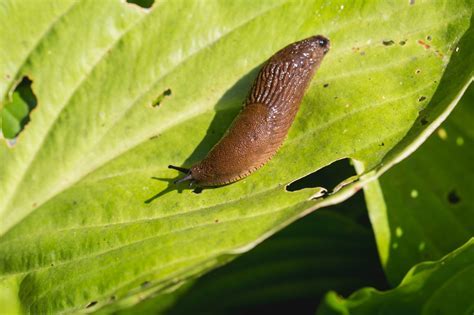What the best organic pest control solution is? Organic pest control can be an effective way of minimizing the risk of harm to your environment while still managing any pests that may be present in the home or garden. In this article we will discuss the different types of organic pest control methods available and how to choose the best one for your particular situation.
Key Takeaways
- Organic pest control can effectively manage pests while minimizing harm to the environment.
- Chickens and ducks can be surprisingly effective at controlling garden pests, as reported by a survey of 1,300 gardeners.
- For garden slugs, methods like handpicking, iron phosphate baits, diatomaceous earth, and beer traps were highly rated as successful control measures. Relying on bigger predators such as chickens, garter snakes, and ducks is the most dependable way to keep garden slugs at bay.
- For squash bugs, popular organic control methods include handpicking and cleaning up infested plants at the end of the season. Neem oil has been found to be effective when sprayed on egg clusters and juvenile squash bugs. Row covers can be helpful in managing squash bug populations, while planting early and using row covers can help reduce their numbers.
- For aphids, introducing beneficial insects like ladybugs, lacewings, and parasitic wasps, as well as using natural sprays like insecticidal soap, neem oil, and horticultural oil, can be effective control measures. Pruning infested parts of plants and using reflective mulches may also be helpful in managing aphids.
Best Organic Pest Control
Organic Pest Control Survey to gain insight into how to limit damage in organic vegetable gardens. Responses from 1,300 gardeners showed that chickens and ducks were surprisingly effective at controlling garden pests. Open comments provided useful tips for tackling pest problems organically.
Organic pest control methods like companion planting, mulching with hay, introducing beneficial insects, and natural sprays can be effective in keeping pests from vegetables. While some of these methods come with risks such as over-watering or too much fertilizer, understanding which organic options work best for the gardener’s veggies can lead to successful pest control.
1. Garden Slugs

Garden slugs are a common garden pest, and there are several methods to control them. Handpicking, iron phosphate baits, diatomaceous earth and beer traps were all highly rated as successful control measures, while eggshell barriers were only 33 percent successful.
For long-term vegetable garden pest control, relying on bigger predators such as chickens, garter snakes and ducks is the most dependable way to keep garden slugs at bay. Ducks are particularly adept at spotting slugs and can be used in spring and fall or throughout the season for pest control assistance. With the right combination of slug control measures, you can keep your garden free from these pesky critters!
2. Squash Bugs

Squash bugs are a common garden pest, with 51% of respondents reporting infestations. The most popular organic control methods for squash bugs are handpicking and cleaning up infested plants at the end of the season. Neem oil has been found to be effective when sprayed on egg clusters and juvenile squash bugs.
Row covers can be helpful in managing squash bug populations, while planting early and using row covers can help reduce their numbers. Companion planting may also be an effective solution, though opinions on its success are divided.
3. Aphids

Aphids are a garden pest, but there are several control techniques, such as pruning and using insecticidal soap, that can be used to keep them in check. Sweet alyssum and other flowers can also attract beneficial insects, while some aphids should be left alone to act as food for other beneficial bugs.
Overall, it’s important to take action when dealing with aphids in the garden. Pruning off affected plant parts and applying insecticidal soap are both good options for active intervention while planting flowers and herbs is an effective way of attracting beneficial insects. By taking the right steps you can keep your garden healthy without relying on harsh chemicals or pesticides.
4. Imported Cabbageworms

Cabbageworms can be a pesky problem in the garden, but there are methods to control them. Bt and spinosad biological pesticides have been found to be highly effective with success rates of 95 percent and 79 percent respectively while row covers had an 82 percent success rate. Companion planting and garlic-pepper spray had much lower success rates of over 30 percent.
Paper wasps are helpful when controlling cabbageworms, as they will consume them before they can lay eggs. A respondent from the Mid-Atlantic region noted that despite a large number of butterflies in her garden, she has not seen any worms due to their presence.
5. Squash Vine Borers

Squash vine borers are a common garden pest, and gardeners have some organic methods to protect their plants. Butternut squash and pumpkin varieties, as well as open-pollinated summer squash, can be more resistant to borers. To maximize protection, soil can be dumped over areas where the plant touches the ground.
Overall, squash vine borers can be a major issue for gardeners who grow susceptible varieties of cucurbits. However, by using organic pest control methods such as crop rotation and planting resistant varieties or open-pollinated summer squash, gardeners can reduce the risk of an infestation and protect their plants from damage caused by borers.